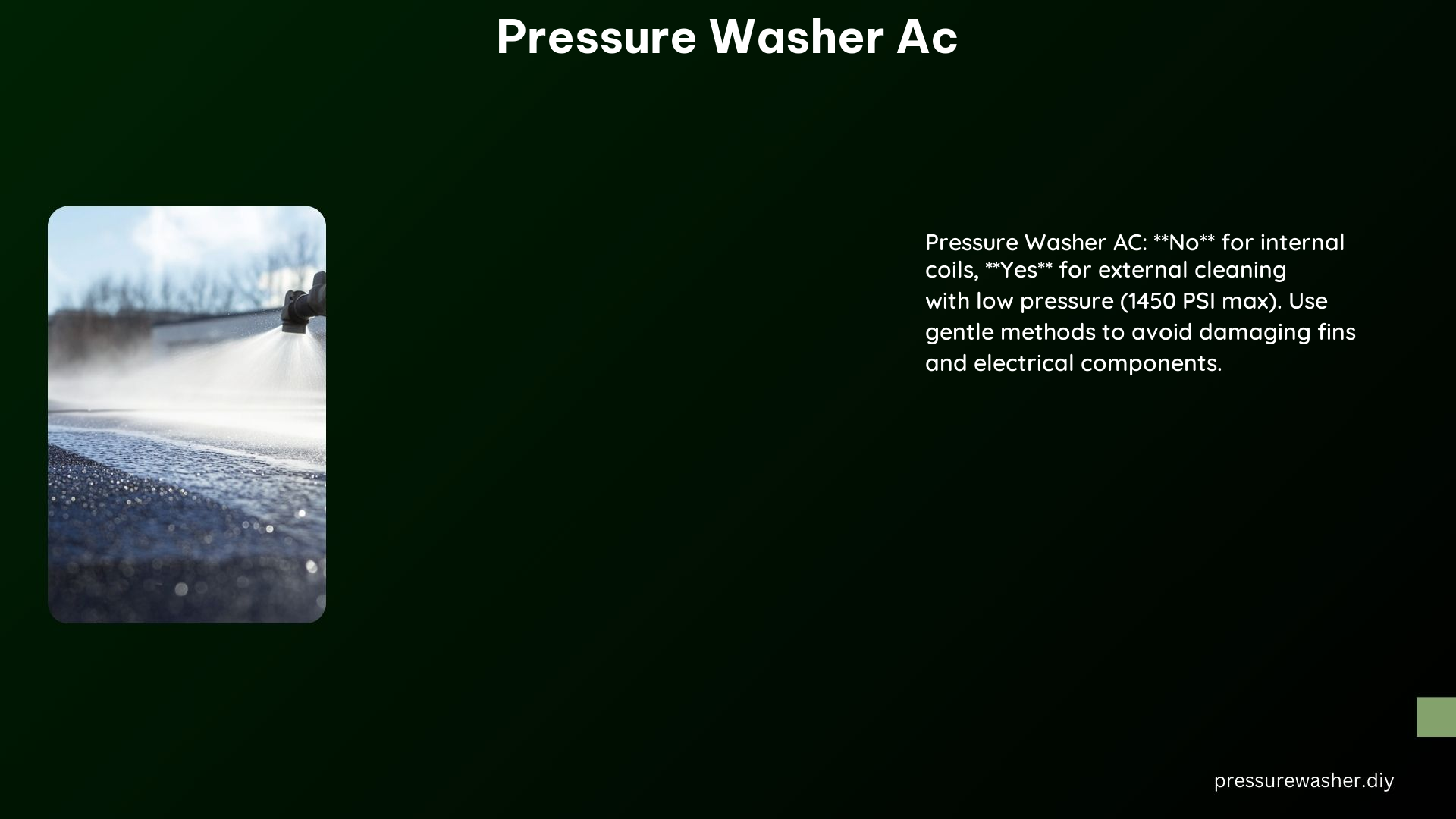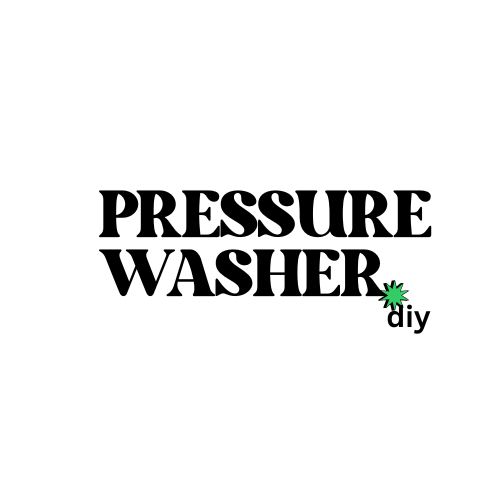Maintaining the cleanliness of your air conditioner’s (AC) coils is crucial for its efficient operation and longevity. While pressure washing may seem like a quick and effective solution, it can actually cause more harm than good if not done properly. This comprehensive guide will delve into the safety concerns, best practices, and the right pressure washer selection for cleaning your AC coils.
Safety Concerns
Pressure washing an air conditioner can be a risky endeavor, as the high-pressure water stream can easily damage the delicate components of the unit. Let’s explore the potential dangers in detail:
-
Damage to Fins and Coils: The fins and coils of an AC unit are typically made of soft materials like copper or aluminum, which are highly susceptible to bending and deformation under the intense pressure of a pressure washer. Even a slight misalignment of the fins can significantly reduce the unit’s heat transfer efficiency, leading to decreased cooling performance and increased energy consumption.
-
Electrical Hazards: Air conditioners contain sensitive electrical components, such as the compressor, fan motors, and control boards. Exposing these components to high-pressure water can cause short circuits, electrical shocks, and even complete system failure. This not only poses a safety risk but can also result in costly repairs.
-
Refrigerant Leaks: The coils and refrigerant lines within an AC unit are delicate and can be easily punctured by the high-pressure water stream. This can lead to refrigerant leaks, which can cause the system to lose its cooling capacity and potentially require a complete refrigerant recharge or even a compressor replacement.
Best Practices for Cleaning AC Coils

To safely and effectively clean your air conditioner’s coils, follow these best practices:
-
Shut Off the Power: Before attempting any cleaning, ensure that the AC unit is turned off at the electrical panel to prevent any electrical hazards.
-
Use a Gentle Approach: Instead of a pressure washer, opt for a garden hose with a spray nozzle or a soft-bristled brush to clean the coils. The gentle water pressure and physical agitation will help remove dirt and debris without risking damage to the delicate components.
-
Clean from the Inside Out: If you feel comfortable opening the AC unit, clean the coils from the inside out. This will allow you to access the coils more effectively and minimize the risk of water intrusion into the electrical components. If you’re not comfortable opening the unit, clean from the outside in.
-
Utilize Coil Cleaners or Soapy Water: Apply a coil cleaner or a mild, soapy water solution to the coils, let it sit for about 15 minutes, and then rinse it off gently with the garden hose. This will help break down and remove any stubborn dirt or debris.
-
Inspect and Straighten Fins: After cleaning, visually inspect the coils for any bent or damaged fins. Use a fin comb or a small, flat screwdriver to carefully straighten any misaligned fins, ensuring optimal airflow and heat transfer.
Choosing the Right Pressure Washer (If Necessary)
If you still decide to use a pressure washer for cleaning your AC coils, it’s crucial to select the appropriate equipment and settings:
-
Low-Pressure Washer: Opt for a pressure washer with a maximum force of around 100 bar (1450 PSI) or less. This lower pressure will be less likely to cause damage to the delicate components of your air conditioner.
-
Portable Pressure Washer: For residential AC unit cleanings, a portable pressure washer is generally more suitable. These units are more manageable and easier to control, reducing the risk of accidental damage.
-
Adjustable Nozzle: Look for a pressure washer with an adjustable nozzle that allows you to control the spray pattern and intensity. This will give you more control over the water stream and help you avoid direct high-pressure contact with the coils.
-
Proper Technique: When using a pressure washer, maintain a safe distance of at least 12 inches (30 cm) from the coils and move the wand in a sweeping motion to avoid concentrated water streams.
Remember, even with the right pressure washer, it’s essential to exercise caution and closely monitor the cleaning process to prevent any potential damage to your air conditioner.
Conclusion
Maintaining the cleanliness of your air conditioner’s coils is crucial for its efficient operation and longevity. While pressure washing may seem like a quick solution, it can actually cause more harm than good if not done properly. By following the safety guidelines and best practices outlined in this comprehensive guide, you can effectively clean your AC coils without risking damage to the delicate components.
Remember, if you’re unsure about the cleaning process or feel uncomfortable performing it yourself, it’s always best to consult a professional HVAC technician to ensure the job is done safely and effectively.
